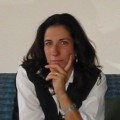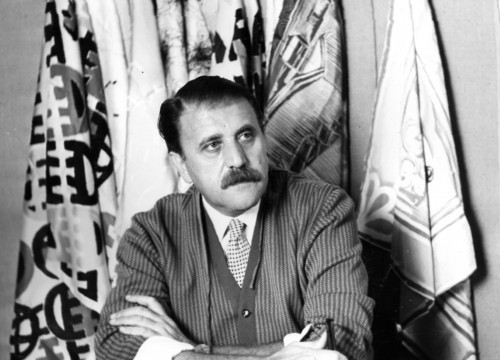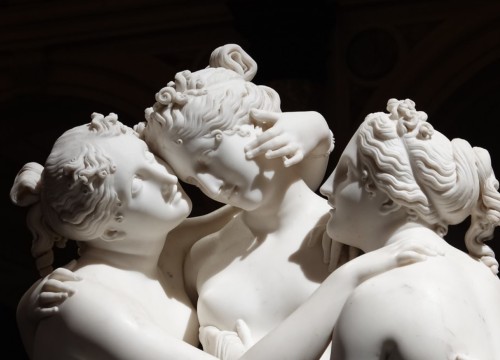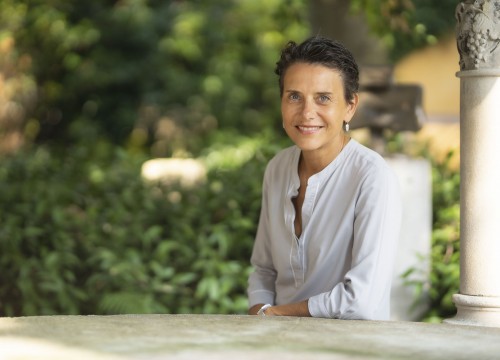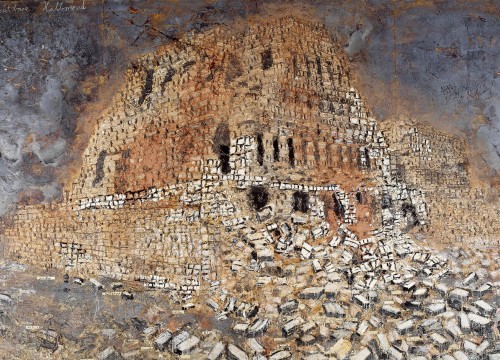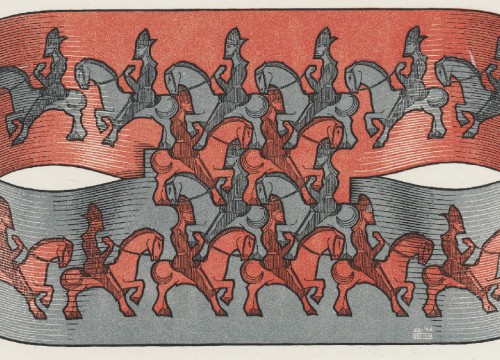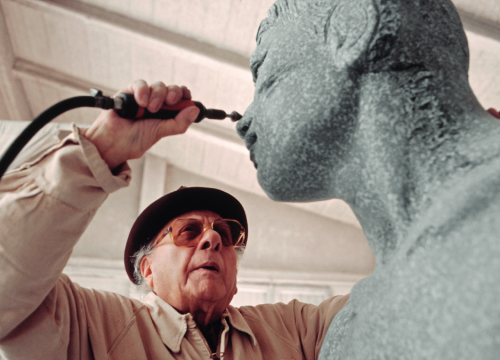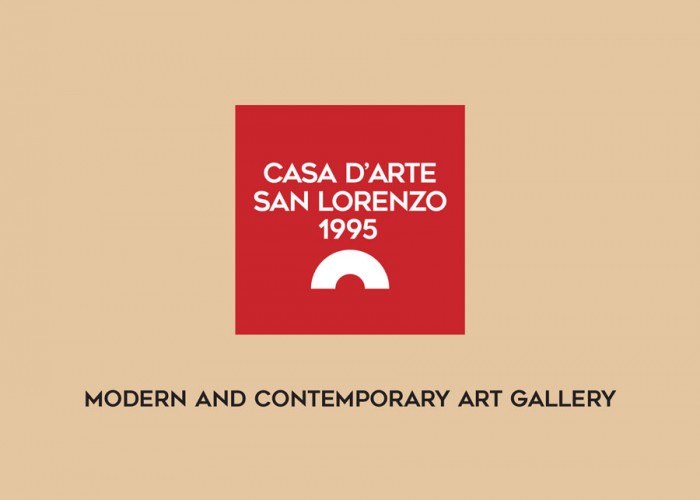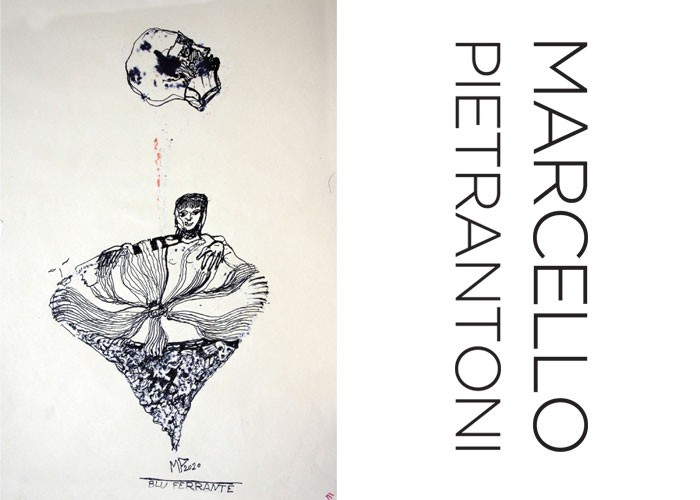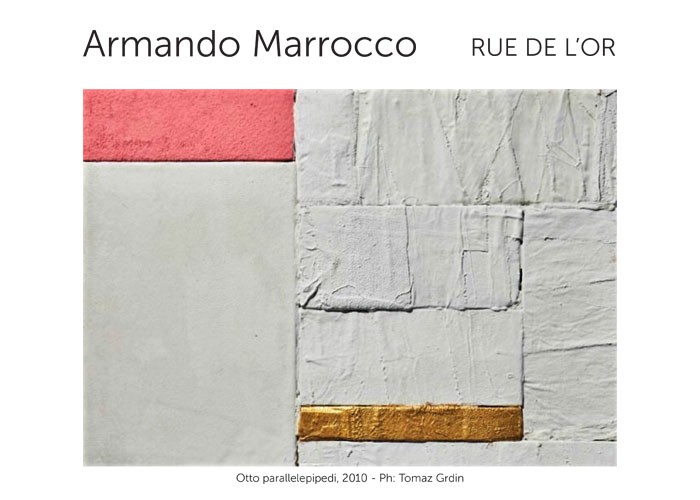“It’s the poet’s end of wonder” decrees Giovan Battista Marino, a great Baroque poet from Naples. Maybe we have become too little poetic and have forgotten excitement, the delicious capacity to experience wonder, but she is there, crouched and even though numb, ready to reawaken. We need beauty. We are able to recognize that beauty that the ancient Greeks called kalogagathia, the beauty kalos which was also good agathos? The world and humanity is full of it. “The subtle wonder of the mysterious darkness is the gateway of all understanding,” we read in the first lines of Tao te Ching, sacred Taoist text, one of the most important books of wisdom in the history of humanity, written by the legendary Lao Tzu (VI century B.C)
Today, in our consumer society, which markets to desire and false values, wonder is associated with the spectacularity of a sparkling reality which lights up like Disneyland and needs both the racket and splendour of lights to arouse as revealed by the philosopher and sociologist Jean Baudrillard. The director of the Museum of the Twentieth Century in Florence, Sergio Risaliti, called on young international artists of various cultures and origins artists to question themselves on the theme of wonder in residence the old, abandoned cigar factory, the Tobacco Manufacturer in Florence for a community experience in an exhibition in February 2020.
How to Retrieve that Wonder that Indicates the Gateway of All Understanding
Wonder is common thread that that weaves plots in this space where, as in a hortus conclusus, you will find flowers and fruits of art, poetry, current events, which, strictly, lead to positive considerations. At the end I suggest short pieces of music, because music whose muse is Polyhymnia and is created by us humans, vibrating in the air, combines notes with the breath of the cosmos and has wonderful effects, recognized by the Flemish Renaissance theorist Johannes Tinctoris : “Tristitiam et duritas cordis repellere, dyabolum fugare, extasim causare, terrenam mentem elevate”. For this first issue I chose a poem, Distraction, by Wisława Szymborska, Nobel Prize Winner for Literature 1996, which I find reflects, with poetic accuracy, the feeling I would like to express in this column. The author and the readers won’t want it if I can’t transcribe it in full.
I misbehaved in the cosmos yesterday
I spent all day without asking questions
without being amazed by anything
I did daily activities
as if it were all due.
Inhale, exhale, one step after another, tasks,
not a thought that went beyond leaving the house and
returning home.
(…)
Cosmic savoir-faire,
although it is silent about us,
still demands something from us:
a little attention, a few words from Pascal
and an astonished participation in this game
with rules unknown.
Recommended Listening:
Gian Francesco Malipiero, Barlumi, for piano, 1917
Maria Theresia von Paradis ( 1759-1824), Sicilienne, for cello and piano
Alfredo Casells, Notturno, for cello and piano, 1929
Violeta Parra, Gracias a la vida, song, 1966


